Water Conservation Through Voluntary Responsible
In 2016, the Paris agreement on climate change agreed to limit global warming to well below 2°C, and ideally 1.5°C by the end of the century. Even though the global temperature on track shows a rise towards 3.2°C by the end of the century breaking the 1.5°C targets by 2040, one wonders how the Adaptation at Scale in Semi-Arid Regions (ASSAR) assessed the vulnerability of Botswana in reaching the limit, 2°C. Accordingly, Botswana will show a steady rise in temperature to 2.8°C, the annual rainfall will drop by 9% and increase in dry days by 17 extra days. In addition, even the Limpopo catchment in Botswana will show a decline of 36%. Given these scenarios, water as a lifelong commodity becomes highly vulnerable in Botswana. With a view to mitigating the intensity, the local, regional and international legal, policy and institutional framework legislated, agreed otherwise ratified expects sustainable water management by voluntary, responsible behaviour from the consumers apart from other stakeholders in Botswana. For example, 2030 Agenda for 17 SDGs: the SDG 06: Clean Water and Sanitation & 12th SDG: Responsible Consumption and Production. Consequently, this study qualitatively investigated the ex-ante and ex-post behaviour of a consumer manifested by the strategic management in the light of the theory of planned behaviour for the water conservation project implemented by the installation of newer water-efficient appliances at Botho University in a landlocked country, Botswana. The test of theory of planned behaviour finds that the attitudes, social norms and Perceived Behavioural Control of the strategic management made strong intention for the responsible behavioural change in implementing the project. Further, the project has been able to save water by 80%, supply water continuously to consumers, protect the environment and further a cost-saving to the university. These findings will be significant to ascertain how antecedent factors determine the decision-making behaviour of a water conservation project. Such understanding acts as a catalyst for African universities to be a beacon of vision and mission in water conservation, distribution and governance in Africa in which continent 33% of people are affected by water scarcity which is getting worse with urbanization, population, industrial use and climate change. Keywords: Global Warming, SDGs, Water Conservation, Theory of Planned Behaviour, Voluntary Behaviour
Shantha Indrajith Hikkaduwa Liyanage, Venkataraman Vishwanathan, 2020. Water Conservation Through Voluntary Responsible
Link – https://bit.ly/3oCC1s4
